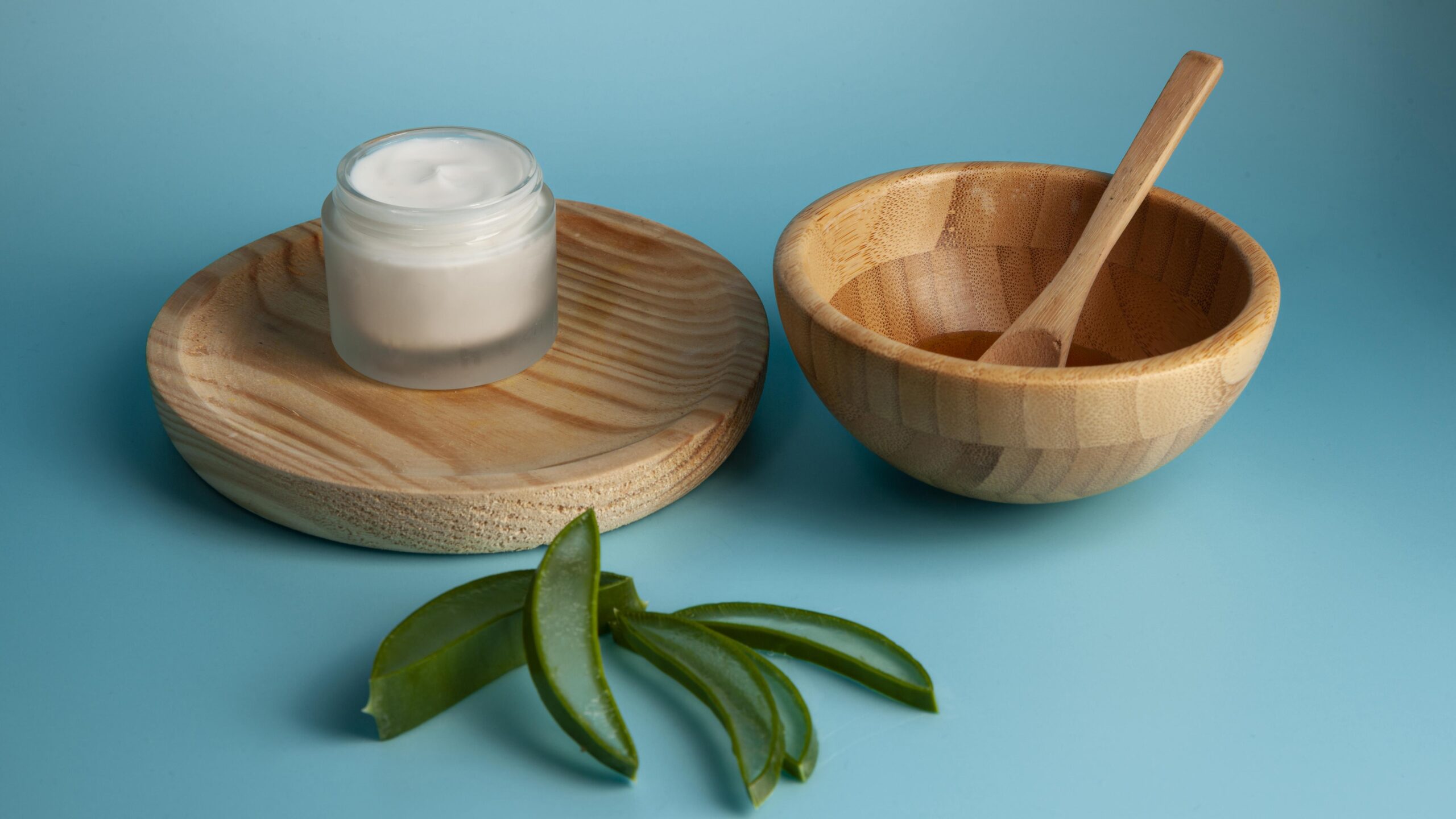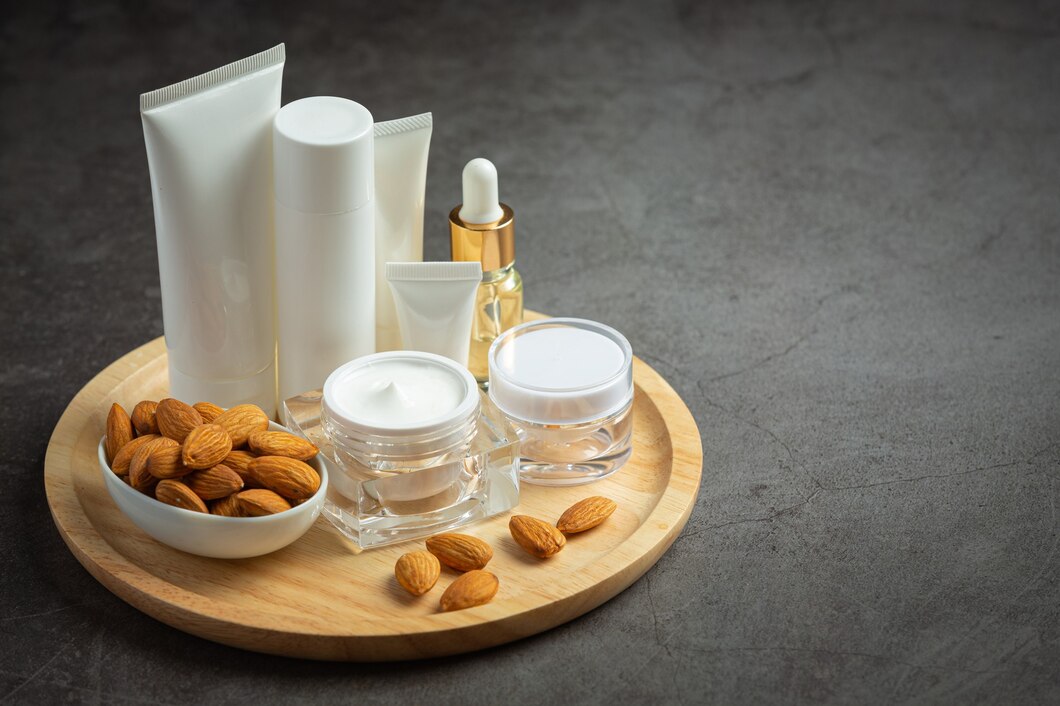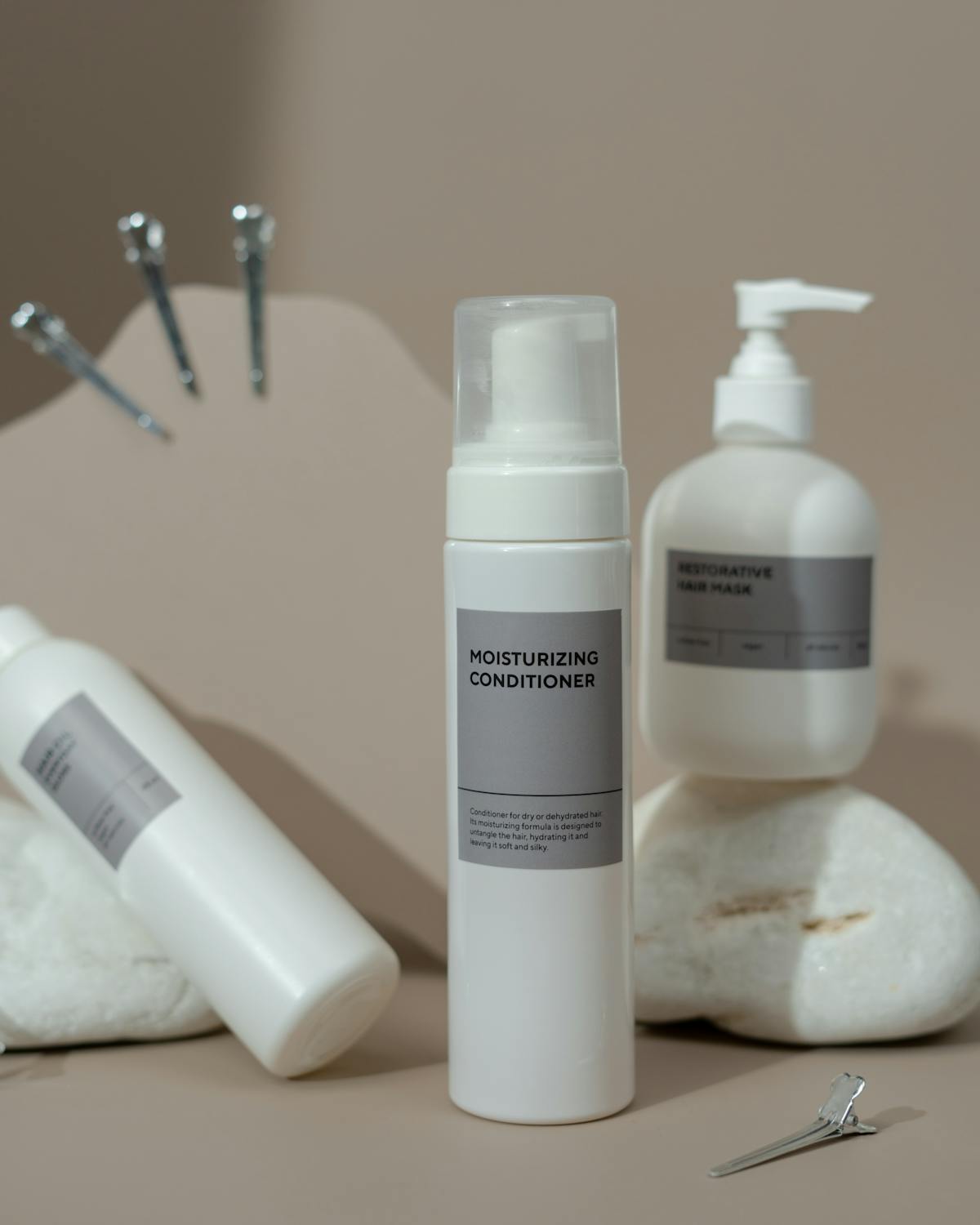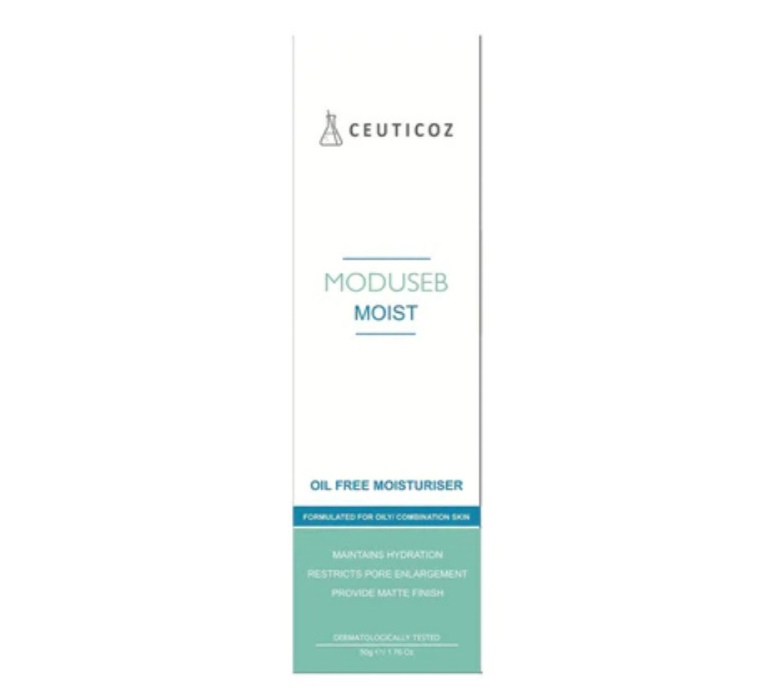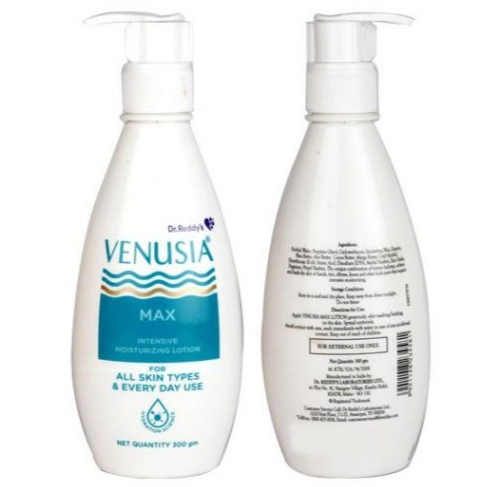In the vast world of skincare, there’s a product that has been a staple for decades but often doesn’t get the spotlight it deserves—skincare ointments. Unlike creams and lotions, which tend to dominate the shelves, ointments offer a unique formulation that can address a variety of skin concerns with remarkable efficacy. Whether you’re facing dry skin, eczema, or healing wounds, skincare ointments can be your skin’s greatest ally. In this article, we’ll dive deep into what skincare ointments are, their benefits, how to choose the right one, and tips on how to incorporate them into your daily routine.
What is a Skincare Ointment?
Skincare ointments are topical products that are primarily composed of oils and a small percentage of water. This unique composition makes them thicker and more occlusive than creams and lotions. Unlike water-based creams that evaporate quickly, ointments create a protective barrier on the skin, locking in moisture and keeping irritants out. This barrier function makes ointments particularly effective for treating dry or cracked skin, providing long-lasting hydration.
Ointments often contain medicinal or healing ingredients, such as hydrocortisone for eczema, antibiotics for wounds, or emollients like petroleum jelly. Their thick, greasy texture might not be ideal for everyone, especially those with oily skin, but for targeted treatment, they can be incredibly beneficial.
Benefits of Using Skincare Ointments

Intense Hydration
One of the primary benefits of using ointments is their ability to provide deep and lasting hydration. Since they are oil-based, ointments do not evaporate like water-based creams. This makes them ideal for people with extremely dry skin, as they can prevent moisture loss and keep the skin soft and supple for longer periods.
Protection and Healing
The occlusive nature of ointments means they form a protective barrier on the skin. This can help shield damaged skin from external irritants, speeding up the healing process for wounds, cuts, and burns. Ointments containing medicinal ingredients can also treat conditions like eczema, psoriasis, and dermatitis effectively.
Ideal for Sensitive Skin
People with sensitive skin can benefit greatly from skincare ointments because they often have fewer ingredients than creams or lotions. This reduces the likelihood of skin irritation or allergic reactions. Additionally, the protective barrier can help soothe inflamed skin and prevent further irritation.
Versatility
Skincare ointments can be used on various parts of the body, including the face, lips, elbows, and heels. Their versatility makes them a handy all-in-one product for addressing multiple skincare needs. Whether you’re looking to heal cracked heels or soothe chapped lips, an ointment can do the job.
Choosing the Right Skincare Ointment

With so many options available, choosing the right skincare ointment can be daunting. Here are some factors to consider when selecting the best ointment for your skin needs:
Skin Type
- Dry Skin: If you have dry or flaky skin, look for ointments with hydrating ingredients like ceramides, hyaluronic acid, or lanolin. These ingredients help to retain moisture and repair the skin barrier.
- Oily Skin: While ointments are generally not recommended for oily skin due to their greasy nature, you can opt for lightweight ointments specifically designed for oily or acne-prone skin.
- Sensitive Skin: For sensitive skin, choose ointments that are fragrance-free, hypoallergenic, and contain soothing ingredients like aloe vera or chamomile.
Skin Condition
- Eczema or Psoriasis: Look for ointments that contain hydrocortisone or other anti-inflammatory ingredients. These can help reduce redness, swelling, and itching associated with these conditions.
- Wound Healing: If you need an ointment for cuts or burns, opt for one that contains antibiotics to prevent infection and promote faster healing.
- General Use: For everyday use, a simple petroleum jelly-based ointment can be incredibly versatile, providing moisture and protection for various skin issues.
Ingredient List
Always check the ingredient list before purchasing an ointment. Steer clear of products containing ingredients to which you are known to be allergic. Look for ointments with active ingredients that address your specific skin concerns.
Consult a Dermatologist
If you have a persistent skin condition, it’s best to consult a dermatologist before choosing an ointment. They can suggest a product customized to your needs and assist in preventing potential side effects.
How to Use Skincare Ointments Effectively
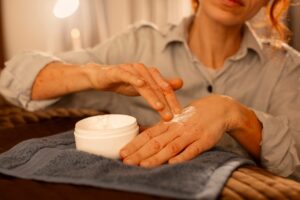
To get the most out of your skincare ointment, it’s essential to use it correctly. Here’s a step-by-step guide to applying ointments:
Cleanse Your Skin
Start by cleansing the area where you’ll be applying the ointment. Use a mild cleanser to eliminate dirt, oil, and bacteria. Pat your skin dry with a clean towel, but leave it slightly damp to lock in additional moisture when you apply the ointment.
Apply the Ointment
Take a small amount of the ointment and warm it between your fingers to make it easier to spread. Apply it gently to the affected area, using a circular motion to ensure even coverage. If you’re using the ointment on a large area, like your arms or legs, you may need to use more.
Layering with Other Products
If you’re incorporating ointments into a more extensive skincare routine, apply them as the last step. Since ointments are occlusive, they can trap other products underneath, allowing them to work more effectively. For example, you can apply a hydrating serum or cream before sealing it in with an ointment.
Frequency of Use
The frequency of application depends on the severity of your skin condition and the type of ointment you’re using. For general hydration, applying once or twice a day may be sufficient. For more severe conditions, you might need to apply the ointment multiple times a day as directed by your dermatologist.
Storage and Shelf Life
Store your ointments in a cool, dry place away from direct sunlight to maintain their efficacy. Most ointments have a long shelf life, but be sure to check the expiration date before use.
Common Misconceptions About Skincare Ointments

Despite their benefits, several misconceptions about ointments persist, leading some people to avoid them altogether. Let’s clear up a few:
Ointments Are Too Greasy
While it’s true that ointments are thicker and greasier than creams, this texture is what makes them so effective for certain skin conditions. For those who dislike the greasy feel, using the ointment at night can minimize discomfort.
Ointments Clog Pores
Ointments are not inherently comedogenic (pore-clogging). It depends on the ingredients. For example, petroleum jelly is non-comedogenic and safe to use even on acne-prone skin when applied appropriately.
Ointments Are Only for Severe Skin Conditions
Ointments can be beneficial for everyday skincare, not just for treating severe conditions. They’re excellent for maintaining skin hydration, especially in dry climates or during winter.
Conclusion
Skincare ointments are a powerful tool in your skincare arsenal, offering unparalleled hydration, protection, and healing properties. Whether you’re dealing with a chronic skin condition or just need a reliable product to keep your skin soft and healthy, there’s an ointment out there for you. By understanding your skin type, choosing the right ingredients, and using ointments correctly, you can enjoy the full benefits these versatile products have to offer. Don’t let the thick texture fool you—skincare ointments could be the missing link in your routine for achieving and maintaining radiant, healthy skin.
